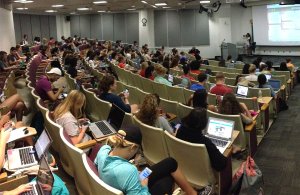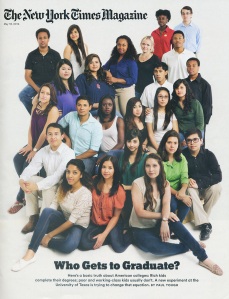by Julie Dodd

COPE Strategies can help teachers as they begin new academic year.
The start of the school year provides the opportunity for teachers and students to consider the big picture of teaching and learning before getting caught up in the week-by-week view of readings, quizzes and assignments.
Scott Newstok’s “How to Think Like Shakespeare” offers a call to action for the Class of 2020 (and for all college students) to take advantage of the learning enterprise to realize the value of gaining knowledge, to engage in critical thinking, and to seek collaborative environments.
Newstok’s essay, although directed at college students, provides a model for college teachers of how to take lofty student learning outcomes and design classes and assignments to enable students to reach those outcomes.
In speaking at the orientation for new teaching assistants at the University of Florida, I wanted to help those 350+ new instructors consider some big concepts that could help them develop their teaching outlook.
I talked with them about what I call the COPE Strategies to help develop a teaching approach.

